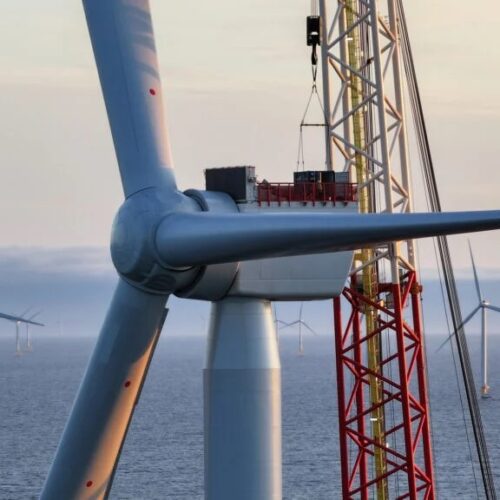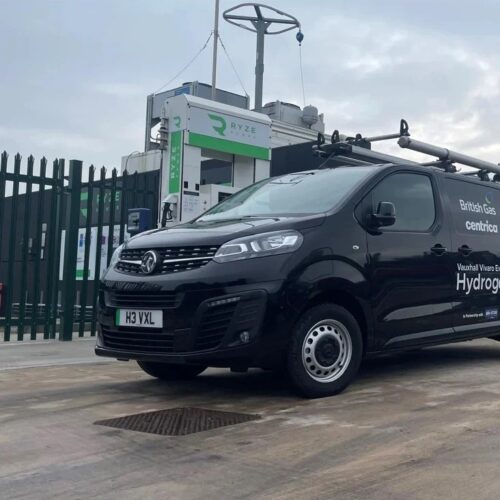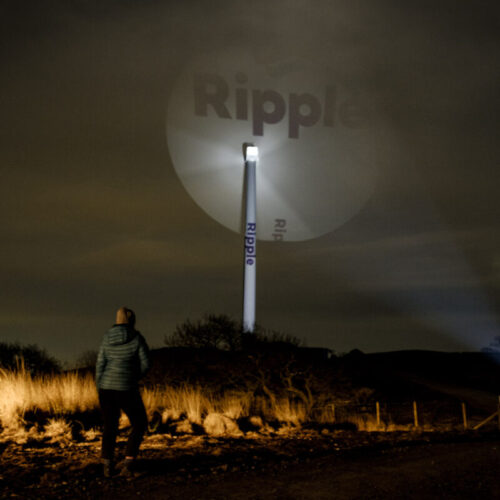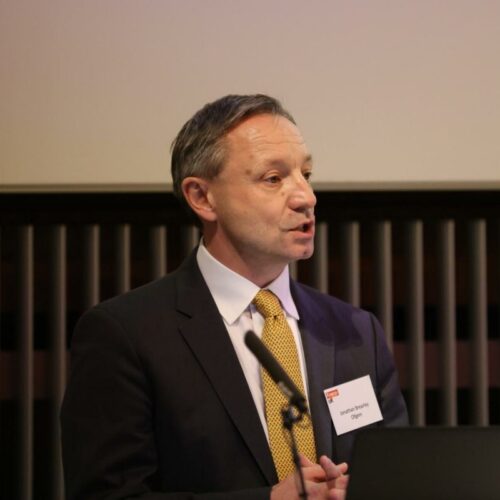The Department for Energy Security and Net Zero (DESNZ) has called for input on its proposed smart data scheme to support consumers in the energy market.
A smart data scheme sees customers’ data (securely) shared with authorised third parties (ATPs), who use it to provide tailored products and services, as well as better access for consumers to their own data.
DESNZ said smart data has the potential to give customers more control over their data to better understand their energy usage and access more personalised services to help them save money.
Smart data is currently used in the UK in ‘Open Banking’, which the government says has driven innovation and economic growth in the banking sector, with 82 firms raising over £2 billion in private funding through the scheme.
DESNZ is seeking input into the smart data scheme, which would establish a set of rules governing how smart data would work in the energy sector. It will provide an overarching framework and structure under which data sharing operates and specify the roles and responsibilities of customers, data holders and third-party providers.
The call for evidence will remain open until 10 March and seeks views on the current energy landscape, customer problems that a smart data scheme could solve and the barriers and risks to such a scheme’s development.
Minister for energy Michael Shanks said: “Data and digitalisation will be an essential foundation of our mission to deliver a zero-carbon electricity system by 2030. Reforms will help consumers and businesses to benefit from the new era of clean power.
“Following the world-leading example of open banking, energy smart data could help consumers find the best tariff based on their actual consumption, providing personalised solutions, better services and greater choice, whilst saving them money.”
Examples of potential use cases include tailored retrofit offerings, as contextual information about a customer and property can allow third parties to make the most relevant recommendations aligned with energy usage requirements and property suitability.
DESNZ also pitches EV charging optimisation as a potential use case, with a smart data scheme ensuring the quality of reported by charge point operators (CPOs) to improve the accuracy of information available to customers.
According to the government, a potential smart data scheme would “pave the way” for a new range of technologies and thus could provide British businesses with scope to innovate and help them attract investment. It added that, in turn, Britain’s world-leading data economy, which drives investments worth up to 6.7% of UK economic activity, would be stimulated to grow even further.
Today (13 January), the government also published its artificial intelligence (AI) Opportunities Action Plan. Included in the plan is a commitment to mitigate the sustainability risks of AI.
CEO of Kraken, utility Octopus Energy’s AI-powered smart energy use platform, responded to the plans, pointing out the opportunity the technology represents for utilities in the UK. He said that Kraken is already “harnessing this transformative technology to build a balanced, abundant energy system and make sure the transition to renewables works for everyone”.






